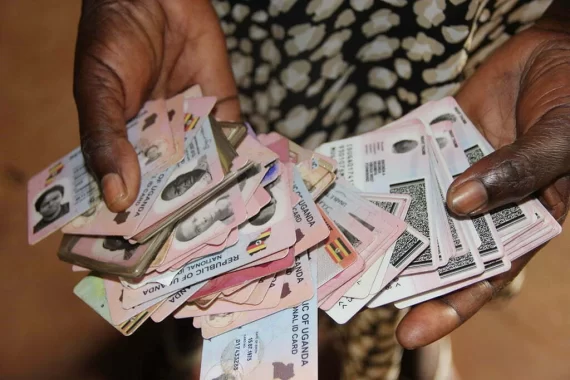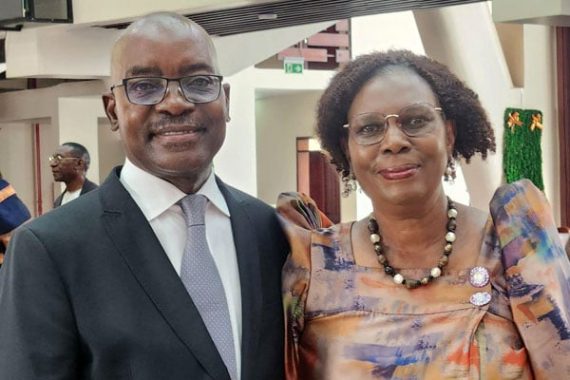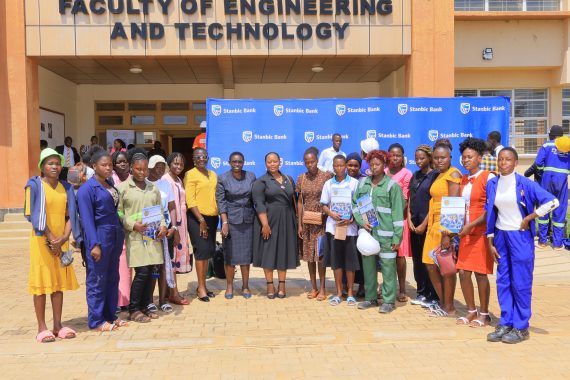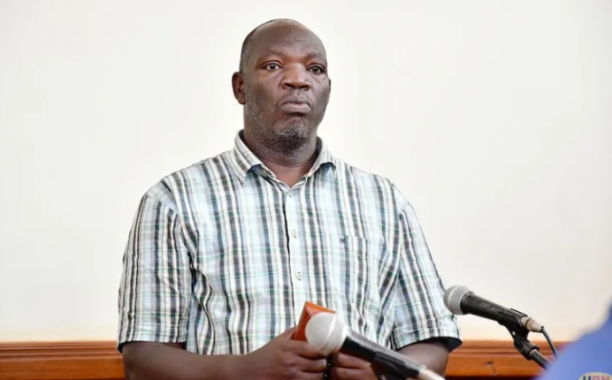The National Identification and Registration Authority (NIRA) has revealed that out of an estimated 45 million Ugandans, only 27 million are registered in the National Register.
NIRA Executive Director Rosemary Kisembo said there is urgent need to addressing this gap, to ensure that over 17 million eligible individuals are registered. She announced the commencement of mass enrollment and renewal of National Identity cards scheduled to begin in June 2024.
According to Kisembo, it is mandatory for every Ugandan, irrespective of age, tribe, or religion, to obtain a National Identification Number (NIN) as per the Registration of Persons Act, Section 5. NIRA is tasked with managing the National Identification Register, which includes registering citizens and non-citizens, recording births and deaths, and assigning a unique national identification number to each individual.
“Today our register stands at 27 m yet we are approximately 45 million Ugandans . Every Ugandan regardless of age, sex , religion , back ground, occupation , tribe and clan is entitled to an NIN ,”she said
The mass enrollment and renewal process will take place over a 10-month period across 10,717 parishes nationwide, starting in June. Kisembo revealed that the exercise aims to register the remaining 17 million Ugandans, including those living in the diaspora, to fulfill NIRA’s mandate.
Leading up to the launch of the exercise, Kisembo said NIRA will provide further information on various aspects of registration, such as citizenship, biometrics, applications, and procedures for foreign nationals obtaining national IDs.
“In the next few weeks and months, we shall answer questions on what is mass enrolment, why must we have mass enrolment, when will it take place, and where will it take place. We shall also answer questions around citizenship, why we are adding more biometrics and all those aspects around mass enrolment that are important for every citizen,” she said.
The new national IDs will include facial images, fingerprints, and iris scans to enhance identification accuracy and inclusivity. Kisembo explained that iris scans are being incorporated as an additional biometric data point to ensure unique identification, especially for individuals with damaged fingerprints or visual impairments.
“We are increasing the biometrics on the register for inclusivity so that if your fingerprints are damaged at least your iris will help us uniquely identify you. Every Ugandan is entitled to one National Identification Number,” she stated
This registration is crucial for inclusion in the national voters’ register prepared by the Electoral Commission ahead of the 2026 general election. Eligible individuals must be registered by September or November to facilitate their participation in the electoral process.















